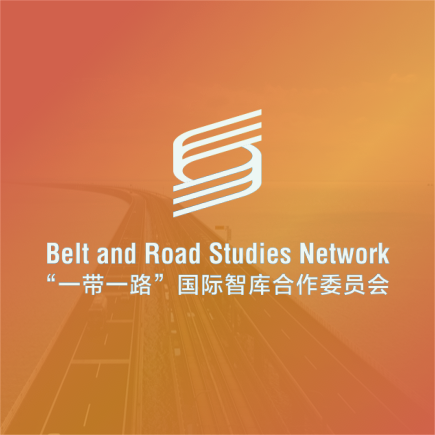
Sébastien Treyer, Executive Director, Institute for Sustainable Development and International Relations (IDDRI), France
Speech at BRSN in Beijing on April 25, 2019
Agenda 2030 defines for all countries a universal set of goals and targets on all dimensions of sustainable development. It implies for each country a transformation of its development pathway. Each country is expected to design its own sustainable development pathway to reach these goals, corresponding to its specific national circumstances. National development strategies are in this perspective supposed to be aligned with national long term transformation pathways, in particular to reach resilient and low carbon development by 2050, along the lines of the Paris Agreement. In each country, an active policy dialogue thus needs to be organised among public authorities, experts and academic communities, civil society, private sector and investors, to discuss the alignment of major investments and major policies with a long term sustainability pathway. Resources are necessary to organise and equip such a policy dialogue, and fuel it with relevant and rigorous expertise on future pathways, path dependencies or major trends : not all countries have the adequate level of expertise and research capacity to do so based on their own institutions. International or regional platforms of exchanges among academics and think tanks working on these long term pathways are a critical lever to build and reinforce these capacities in all countries. The example of the Deep Decarbonization Pathways initiative (coordinated by IDDRI and initially supported by SDSN), or of regional networks of the same initiative in Latin America or Europe, are a good example of think tanks collaboration to foster capacity building in each country, as well as impacting policy dialogue at national and regional level.
Belt and Road Initiative (BRI) is a major initiative impacting countries’ capacities to implement Agenda 2030. Among major dimensions of the initiative, the development of infrastructures or trade are critical factors that will influence the pathway of a country towards sustainable development. As exemplified by the questions raised in the Belt and Road Ecological and Environmental Cooperation Plan of the Chinese Ministry for Environment Protection, these questions of alignment go beyond the necessary analysis of the implementation of environmental and social safeguards and principles. In the framework of BRI implementation, the alignment with Agenda 2030 and the Paris Agreement implies an important analytical and evaluation capacity and the establishment of a learning process among think tanks and with major stakeholders of the initiative. The objective of such a learning process would be to understand how to best foster the alignment with Agenda 2030 in the implementation processes of BRI, in its different dimensions and at its various scales. This links in particular with the issue of Coordination of Development strategies and Plans, as raised in the Agenda for the Belt and Road Forum. It also adds the issue of sustainability to the theme of Inclusive, beneficial for all and shared development.
A network of think tanks, established in key countries of implementation of the BRI, could be very relevant to constitute a basis for such a learning process. The question of alignment with Agenda 2030 could thus be one very useful axis of cooperation among think tanks in the framework of a Belt and Road Studies Network.
DISCLAIMER
The views expressed in this article are entirely those of the author(s) own, and not those of the Belt and Road Studies Network (BRSN).
今年1月,新冠疫情突然而至。为了防止疫情扩散,我国采取了史无前例的交通阻断及人流限制措施,这也为我国农业农村经济发展带来了巨大挑战。
